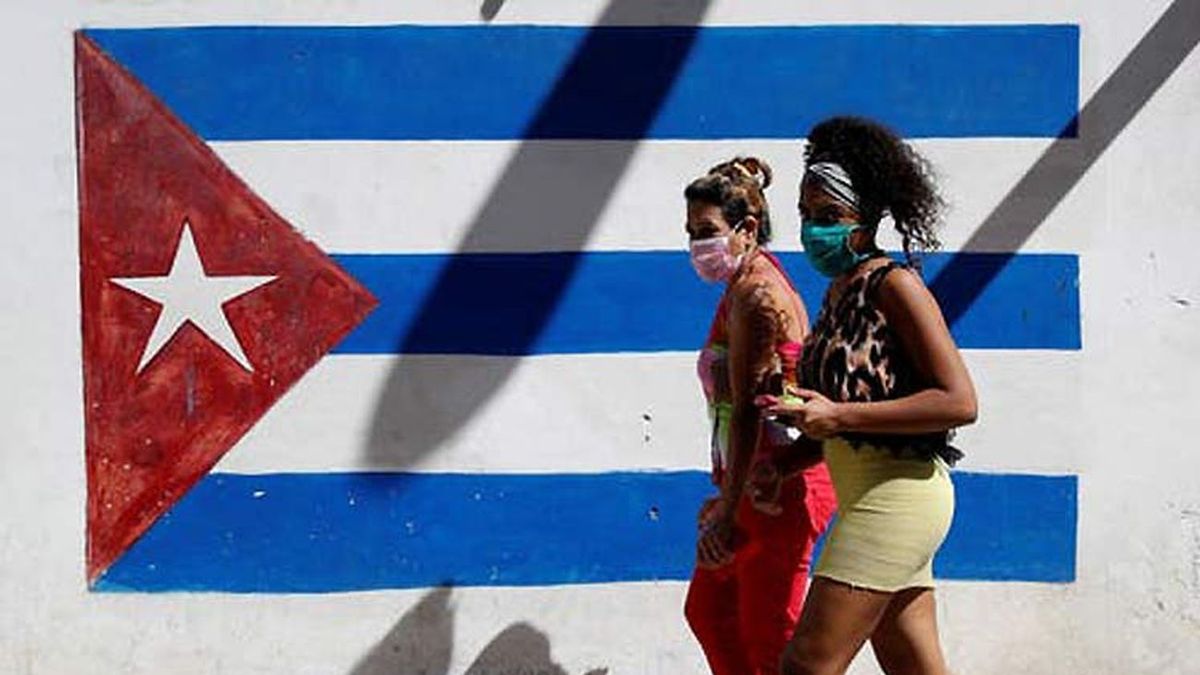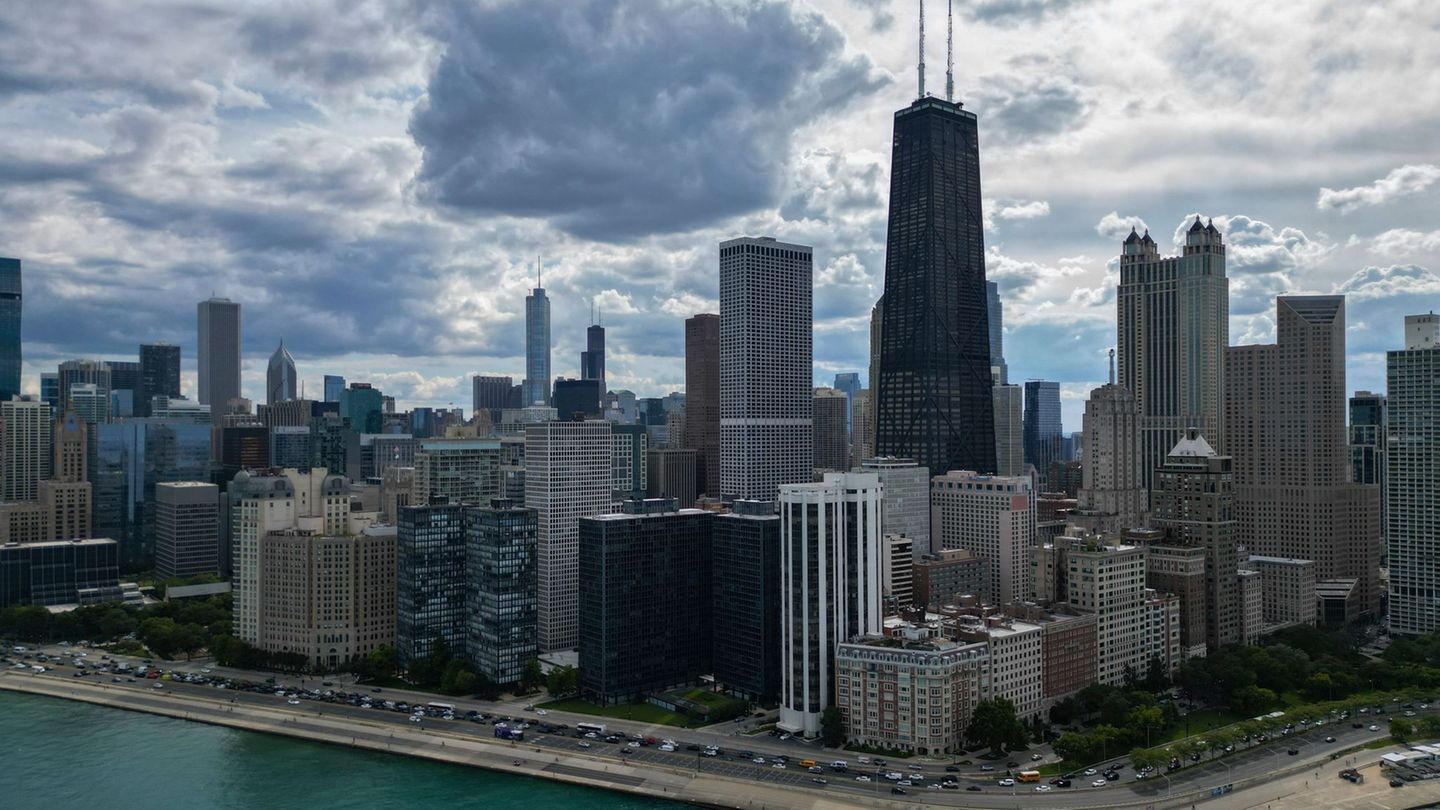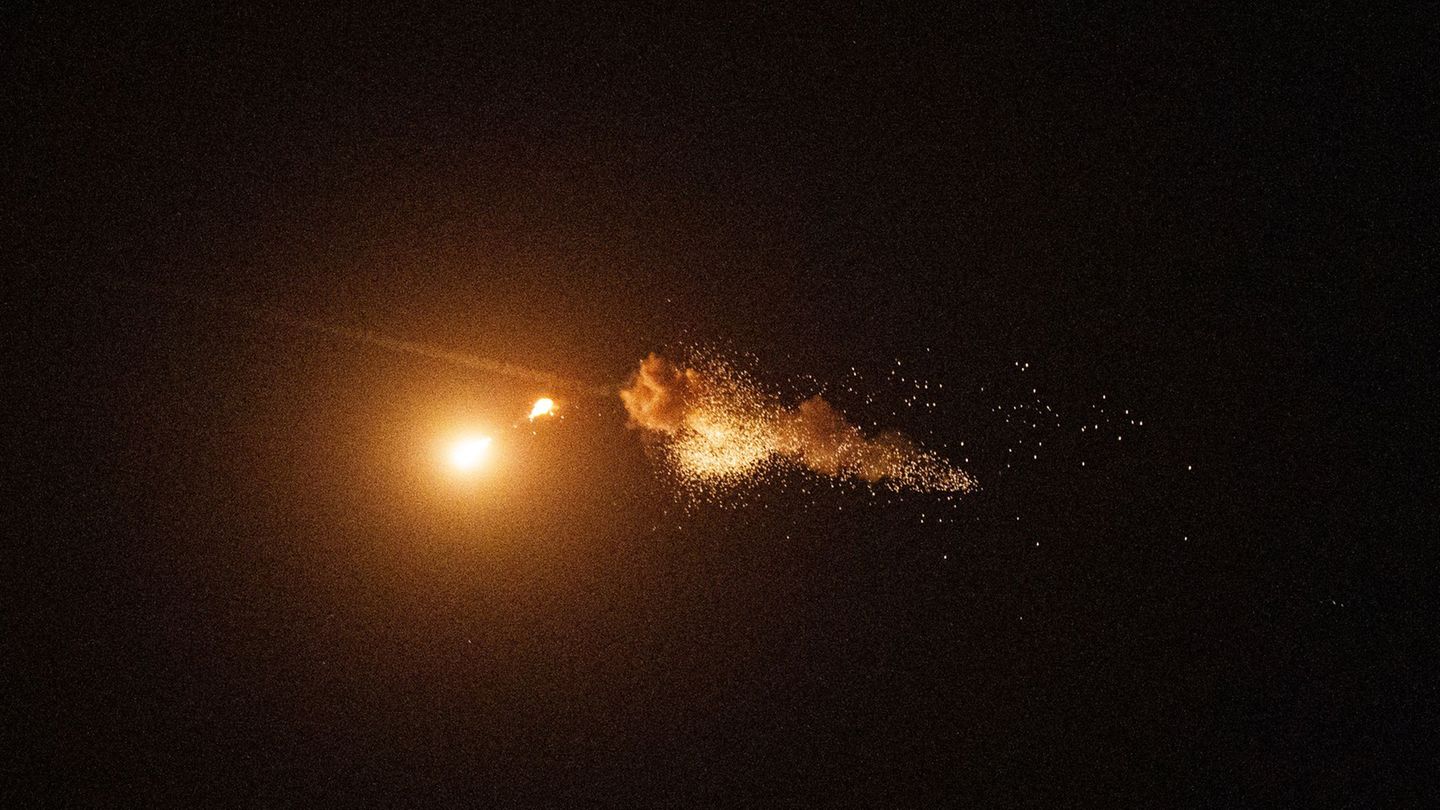The family of the convicted person was notified this week of the decision, which according to the arguments of the sentence was based on the statements of the local policeman Jorge Luis García Montero, the only testimony recognized by the magistrates.
The prosecution maintained that Pérez threw a stone that fell on the officer’s wrist, “causing abrasions that did not require medical assistance,” and then threw another stone that hit a police patrol “that did not show any damage.”
In addition, he was convicted of not complying with the confinement order issued in the framework of the coronavirus pandemic.
Activists opposed to the Government described the sentence as excessive and questioned that only the word of a policeman had been taken into account.
Pérez’s mother, Liset Fonseca, even denounced that the long prison sentence is due to the fact that her son participated in the breaking of a photograph of the late leader of the Cuban Revolution, Fidel Castro, during the July protests that surprised the Government in amidst the worst epidemiological moment due to the coronavirus on the island and a deep economic crisis, fueled by the economic transition promoted by the Executive and the paralysis of tourism due to the pandemic, among other causes.
The Government denounced that these demonstrations were part of a strategy supported – if not promoted – by the United States to destabilize it; however, since then he has introduced various economic reforms along the lines of some of the demands that resonated in the protests.
In this context, opposition groups called for a new day of demonstrations for next November 15.
Immediately afterwards, the Cuban government denied permission to the opposition marches in November, with complaints similar to those of last July, and warned that “neither now nor in the future” the right of the people to demonstrate “can be used to subvert the political system. the socialist project, or to establish alliances with groups financed from abroad “.
Shortly after, the Prosecutor’s Office announced that it had already begun a task of “warnings” to several conveners, covered by the Government’s decision to prohibit the marches.
Initially, the call to march was for November 20, but the Government called for military exercises that same day and, therefore, the date of protests was brought forward to 15.
David William is a talented author who has made a name for himself in the world of writing. He is a professional author who writes on a wide range of topics, from general interest to opinion news. David is currently working as a writer at 24 hours worlds where he brings his unique perspective and in-depth research to his articles, making them both informative and engaging.




